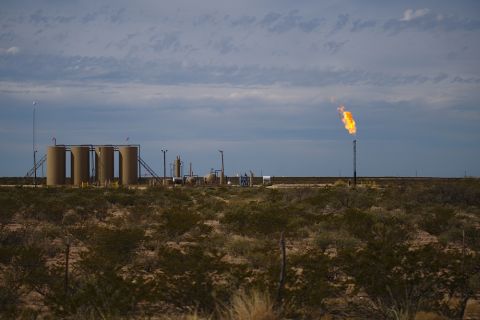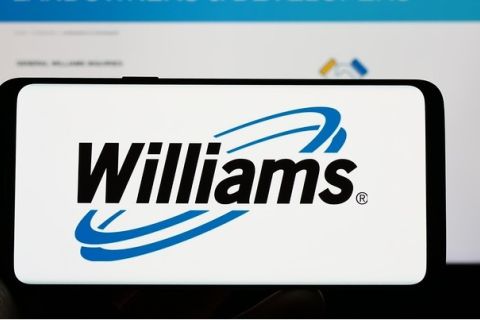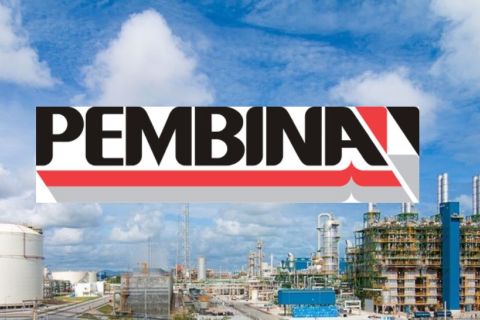A major fuel pipeline that supplies Mexico City remained closed after suffering two ruptures in a single day, the president said on Jan. 11, as the government works to stem shortages that have frustrated motorists and triggered economic risk.
President Andres Manuel Lopez Obrador’s offensive against fuel robbers marks the leftist’s first attempt to tackle entrenched corruption since taking office on Dec. 1.
Criminal groups have tapped pipelines and stolen tanker trucks carrying diesel and gasoline in the oil-producing country for years, costing the government billions of dollars.
A key pipeline running from the port of Tuxpan in the Gulf coast state of Veracruz to Mexico City was shut down on Jan. 10 and repairs were underway, Lopez Obrador said on Jan. 11.
The pipeline was hit at daybreak on Jan. 10 and repaired, only to suffer another rupture at 11 p.m., he said.
“There’s sabotage,” he said. “Let’s see who gets tired first.”
The series of disruptions to the pipeline in recent days had caused shortfalls in supply for Mexico City and surrounding states.
Cars lined up by the dozen at stations throughout the capital on Jan. 11, many before dawn, fearing that the shortages that fanned into the megacity this week from nearby states could persist.
Local television showed angry protesters blocking a major roadway in Mexico City’s Iztapalapa neighborhood.
The head of Mexico’s central bank said on Jan. 10 that the country’s economy and inflation rate could be negatively affected if fuel distribution problems persist.
The closure of a pipeline from the Salamanca refinery in the central state of Guanajuato last weekend cut off supply for numerous gas stations.
Lopez Obrador later said the military had discovered a 3-km (1.9 mile)-long “hose” that was funneling fuel out of storage tanks from the facility to a secret storage area.
The president also confirmed some congestion at key ports where imported motor fuels arrive, noting that some tanker ships were waiting to discharge cargos, but he did not provide details.
Bottlenecks at Mexico’s main Gulf coast and Pacific coast ports have increased during this week, and now prevent almost 10 million barrels of gasoline and diesel from discharging on schedule, further complicating distribution, according to Refinitiv Eikon data.
On Jan. 8, 24 vessels were backed up at ports, while that number has grown to 39 by Jan. 11.
Six tankers loaded with liquefied petroleum gas, used mostly for heating, are also waiting to discharge.
Recommended Reading
Waha NatGas Prices Go Negative
2024-03-14 - An Enterprise Partners executive said conditions make for a strong LNG export market at an industry lunch on March 14.
Kinder Morgan Sees Need for Another Permian NatGas Pipeline
2024-04-18 - Negative prices, tight capacity and upcoming demand are driving natural gas leaders at Kinder Morgan to think about more takeaway capacity.
Williams Beats 2023 Expectations, Touts Natgas Infrastructure Additions
2024-02-14 - Williams to continue developing natural gas infrastructure in 2024 with growth capex expected to top $1.45 billion.
Pembina Pipeline Enters Ethane-Supply Agreement, Slow Walks LNG Project
2024-02-26 - Canadian midstream company Pembina Pipeline also said it would hold off on new LNG terminal decision in a fourth quarter earnings call.
Balticconnector Gas Pipeline Will be in Commercial Use Again April 22, Gasgrid Says
2024-04-17 - The Balticconnector subsea gas link between Estonia and Finland was damaged in October along with three telecoms cables.




